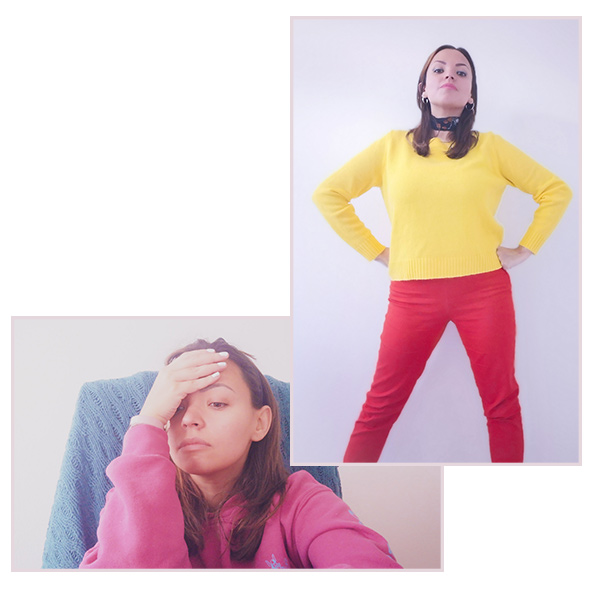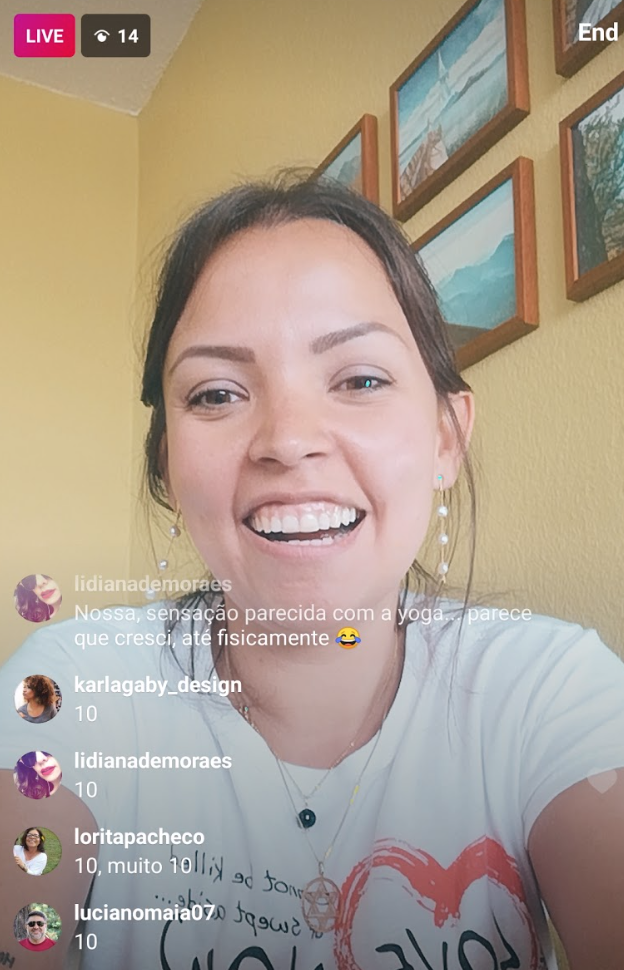Power for what?
Power for whom?
Perhaps you – like me, one day – have resistance to the the word power.
Perhaps you have a narrative in there about a power that corrupts, exploits and oppresses.
Power is much more than that – and what we are going to reinvent, together, is a notion of power that comes from within, that is accessible and is the right of all of us.
An abundant power that positively contagious and impels you to pursue your maximum contribution in this world, whatever it may be.
Power is not the privilege of the few.
It is part of us – and it’s in there waiting to be awakened.
"The strongest indicators of who got the money were not the person's credentials or the content of the presentation. They were, in fact, the following traits: confidence, level of well-being and passionate enthusiasm. The successful ones did not spend their precious moments in the spotlight worrying about their performance or what others thought of them. (...) In other words, they were fully present and their presence was palpable. ”
Amy Cuddy, about a study conducted by Lakshmi Balachandra in Harvard
Imposter Syndrome:
I'm a fraud!
Do you know what all the people in this image next have in common?
They have all publicly declared that they suffer or have suffered from the imposter syndrome – or impostorism.
Impostor syndrome, impostor syndrome, or impostorism, is a phenomenon that has been studied for decades – and that is gaining more and more notoriety, especially among women.
If you feel like a fraud, if a voice in your head tells you that you shouldn’t be earning what you earn, occupying the position you occupy, receiving the recognition you receive, take a deep breath.
Know that most of the people you admire the most in the world feel the same way.
And believe that you can develop a much healthier relationship with the voice inside that tells you that you are not prepared to assume the power you have.

Personal power lies on the body
Observe the images: which one evokes the feeling of power? And what gives you impotence?
In the course of our species’ evolution, our nervous system created a feedback system between our emotions and our bodily states.
Our posture and facial expression have a much greater impact than we imagine on our mood, and also on how we see ourselves and those around us.
When we put ourselves in postures, expressions and situations of joy, confidence and expansion, our mental equipment believes that there are reasons for that.
It creates a story and starts looking for evidence, directing his attention to what can corroborate his mood.
The reverse is also true: when we are contracted, or with a “negative” expression, even without an apparent cause, we are programmed to create an internal narrative around it – which ends up reinforcing sadness, anxiety and lack of confidence.

And it is trainable
In August of this year, during a live on my Instagram, I myself tested the effects of the postures on our energy and vitality level.
It was a Monday, 8 am.
I explained the principles behind the postures and proposed that whoever was watching should try it out.
At the beginning of the transmission, I asked them to write me the level of energy with which they arrived, from 1 to 10 – the answers varied between 2, 4, 5, rarely a 7 or 8
At the end of the exercise, I asked the same question, and all participants in the broadcast commented that their energy was at level 10.
See with your own eyes in the image.

Well-being at work tips in your inbox
Subscribe for news, guides, articles and exclusive content.

